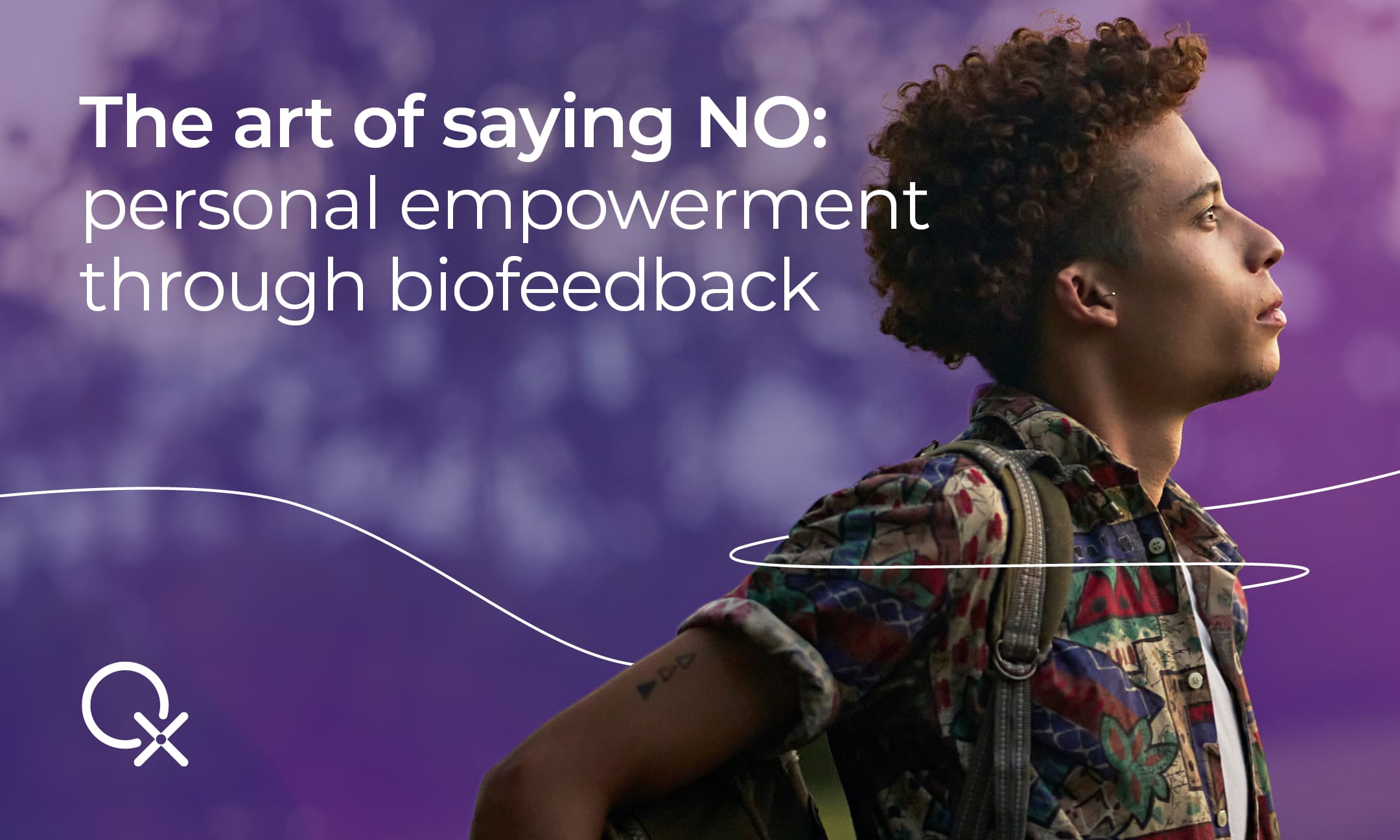
Saying “no” with confidence is the essence of personal empowerment. It might seem simple, but many find it challenging, fearing they might upset others. By incorporating biofeedback techniques into coaching, we can learn to assert ourselves more effectively. This article explores how biofeedback can boost confidence, helping us set boundaries, prioritize self-care, and handle tough situations.
Personal empowerment means being able to confidently refuse or decline things that don’t match your values or goals. It’s about setting limits and standing up for what you need or believe in without feeling bad. When you understand your own value and have control over your choices, you can have better relationships and feel more in charge of your life. Saying “no” when it’s important helps you respect yourself and keep your emotions healthy.
As a personal empowerment coach, my priority is instilling a sense of calm and concentration, primarily through the use of biofeedback. Furthermore, I guide clients in cultivating mindfulness, enabling them to respond thoughtfully to their environment instead of reacting impulsively.
When faced with a situation where you need to say “no”, taking a moment to breathe is the first step to staying calm and responding confidently. That is why I always start my coaching sessions with deep breathing exercises.
Another important building stone of my personal empowerment training sessions is biofeedback. Biofeedback teaches you to become attuned to your bodies’ signals and notice how your body feels when you’re stressed. By acknowledging tension or discomfort, you become more alert to situations where your boundaries are being pushed, empowering you to respond appropriately.
Biofeedback sessions involve attaching a biofeedback device to the body using a harness and sensors to measure physiological responses, providing real-time feedback through visual or auditory cues. For instance, increased heart rate, muscle tension, or changes in skin temperature indicate stress.
When clients recount instances in which they are requested to do favors or face demands they are unable or unwilling to fulfill, I guide them to tune into their body’s signals. Often, they describe feeling tension in the spine, stomach, or throat. Even when these sensations may not be immediately apparent, it doesn’t imply their absence. Using biofeedback, I can visually illustrate these bodily reactions on screen by instructing the client to relax their muscles.
When faced with a request they need to decline, most people are not conscious enough about their own thoughts and emotions to confidently say “no”. In that respect, mindfulness is a powerful technique that can be mastered with the help of biofeedback. It makes it much easier to let go of any guilt or anxiety that may arise.
Mindfulness is about staying in the moment. It helps you observe your thoughts and feelings without judgment, making it easier to say “no” when you really need to. When faced with a tough decision, mindfulness allows us to pause, reflect, and respond thoughtfully, rather than reacting impulsively.
Personal empowerment training often involves visualization exercises and biofeedback. By visualizing your success, you prepare your mind and body for the challenge ahead. I like using the NLP panel on my biofeedback device when asking clients to imagine a confrontational situation in which they need to set a boundary. I then continue by asking them to imagine themselves feeling empowered, respected, and proud of their ability to advocate for themselves. The more you practice visualization, the more your body and mind will remember how to say “no” when the challenge arises.
Declining requests with a firm “no” is crucial for personal empowerment, helping you prioritize your needs and protect your well-being. It is a lifelong journey, but with the aid of biofeedback, anyone can gradually gain the self-confidence and assertiveness necessary to handle stressful situations like these successfully.
Mónika Bölcskei, a mental health coach, brings over 15 years of international training expertise in both HR and sports to her practice.
+1 (989) 681-1063
+1 (856) 322-8589